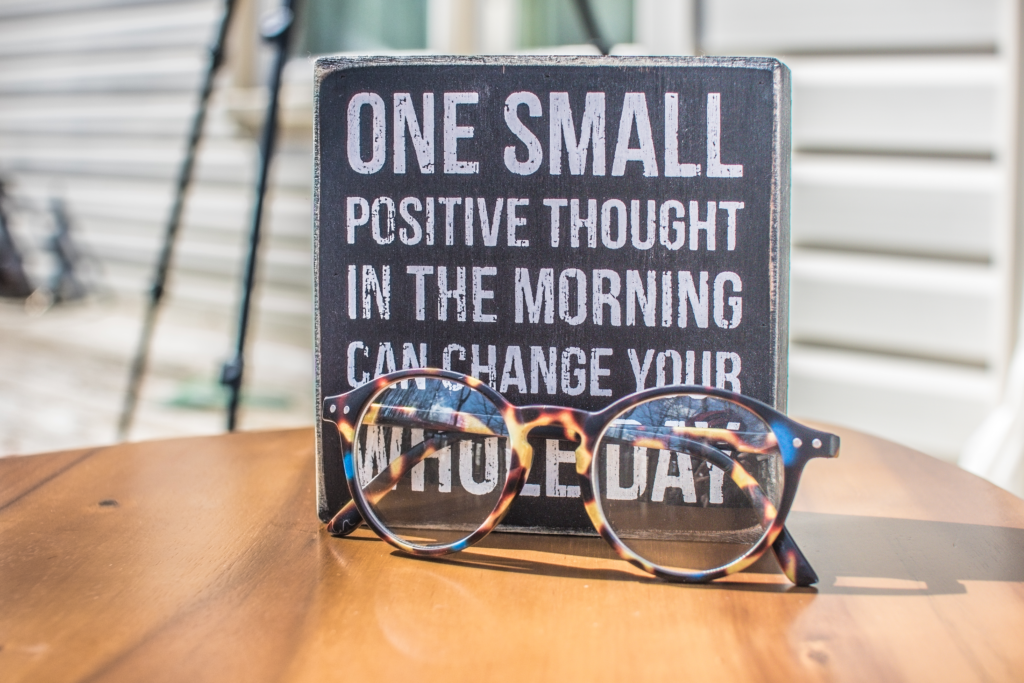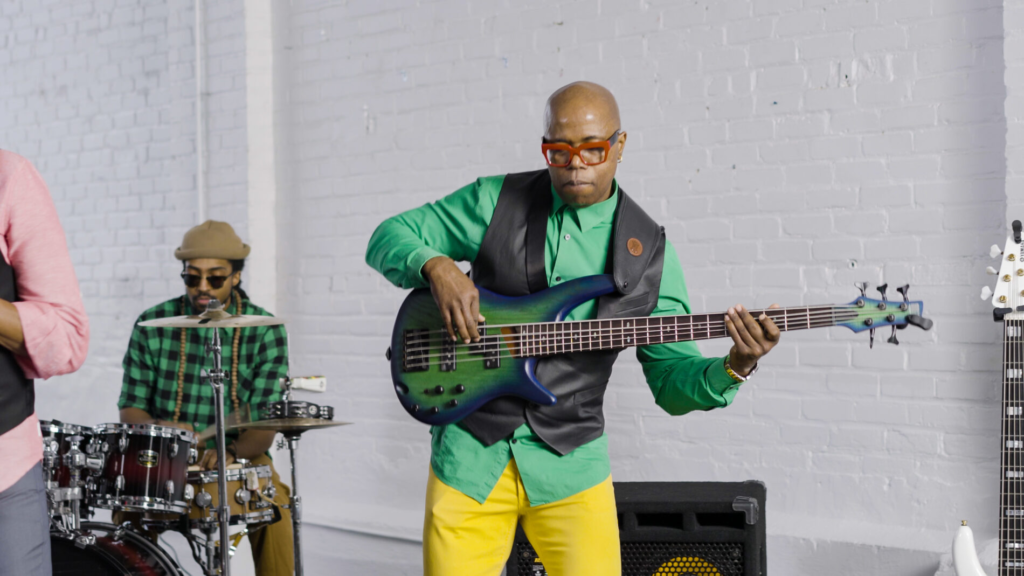
Introduction to Conscious Music
Music has a unique ability to resonate with our emotions, shaping our thoughts and actions. Enter conscious music—a genre that goes beyond entertainment. It carries messages of social justice, equality, and empowerment. Artists today are not just musicians; they’re activists using their voices to advocate for change.
From protest songs echoing in the streets to lyrical content that sheds light on global issues, conscious music is more than sound—it’s a movement. As we dive into this vibrant world where rhythm meets activism, we’ll explore how these powerful tunes inspire awareness campaigns and community building while addressing pressing matters like environmentalism and human rights. The journey through conscious music reveals its undeniable impact on society’s fabric and highlights the influential artists driving this cultural shift forward.
The Power of Music in Shaping Society
Music transcends boundaries. It speaks to the heart and soul, forging connections across cultures and generations. Its rhythms can unite communities, turning individual experiences into collective movements.
Throughout history, songs have served as anthems for change. From civil rights to environmentalism, music has captured the essence of social justice struggles. Protest songs resonate deeply, giving voice to marginalized communities often left unheard.
The emotional impact of music empowers listeners. It inspires action by stirring feelings of hope or outrage. Lyrics filled with political messages challenge societal norms and encourage awareness campaigns that spark conversations around pressing global issues.
As genres blend together, they create new narratives and broaden audiences’ perspectives. This evolution in sound continues to shape cultural movements while reinforcing values such as equality and empowerment within society. The power of music is undeniable; it’s a catalyst for transformation that ignites passion and fuels grassroots efforts for meaningful change.

Examples of Conscious Music and their Impact on Social Change
Conscious music has a rich history of addressing social issues and igniting change. Songs like “Fight the Power” by Public Enemy not only challenged systemic racism but also became an anthem for activism in the late ’80s.
Fast forward to today, artists like Billie Eilish use their platform to raise awareness about climate change through powerful lyrics and visuals. Her song “All the Good Girls Go to Hell” serves as a poignant reminder of environmental urgency.
Then there’s H.E.R., whose track “I Can’t Breathe” resonates deeply with movements advocating for racial justice. The lyrical content encapsulates feelings of frustration while simultaneously inspiring hope.
These songs transcend mere entertainment; they become catalysts for community building and empowerment. Each note carries weight, reminding listeners that music can indeed spark conversations, motivate action, and influence cultural movements around critical global issues.

How Artists are Using their Platform for a Cause
Artists today are harnessing their platforms to amplify crucial messages. Whether through lyrics, social media campaigns, or live performances, they address pressing issues like human rights and environmentalism.
Musicians such as Billie Eilish use their influence to raise awareness about climate change. Their passion resonates with fans and inspires grassroots movements. Similarly, hip-hop artists often tackle themes of inequality and justice in their music, sparking conversations that reach beyond the stage.
Collaborations among various genres are also common. By blending styles, artists create impactful narratives that engage diverse audiences. This storytelling approach deepens emotional connections while shedding light on societal struggles.
Live events have transformed into powerful spaces for activism as well. Concerts now include discussions on mental health awareness and support for marginalized communities, fostering a sense of empowerment within those who attend.
The Role of Technology in Spreading Conscious Music
Technology plays a pivotal role in amplifying conscious music. With the rise of streaming platforms, artists can reach global audiences instantly.
Social media is another powerful tool for sharing messages. Musicians use these channels to promote their songs and engage with fans directly. This connection fosters community building around shared values and causes.
Music videos on YouTube provide visual storytelling that enhances emotional impact. They often spotlight social justice issues, sparking conversations among viewers.
Podcasts dedicated to activism also highlight influential artists and their contributions to grassroots movements. These discussions create awareness campaigns that inspire action.
Furthermore, technology enables genre blending, allowing artists to experiment while addressing critical topics like environmentalism and human rights. The fusion of styles makes the message accessible and appealing across diverse demographics.
In this digital age, conscious music finds new avenues for expression and engagement, driving positive change through creative means.
Criticisms and Controversies Surrounding Conscious Music
Conscious music, while celebrated for its potential to inspire social change, is not without its criticisms. Some argue that it can be overly simplistic or preachy. When artists focus too heavily on a message, they risk alienating listeners who seek nuance in complex issues.
Additionally, the commercialization of conscious music raises eyebrows. As some artists gain fame and wealth through their activism, critics question whether their intentions remain genuine or if they’re merely riding a trend.
Polarization also exists within genres. Certain musical styles may attract backlash when attempting to address serious topics like human rights or environmentalism. This tension often reflects broader societal divisions about how art should engage with politics.
Furthermore, the effectiveness of these songs as tools for activism is debated. Do they truly drive grassroots movements forward? Or do they simply serve as background noise in an age of information overload?

Conclusion: The Future of Conscious Music and its Impact on Social Change
As we look to the horizon, conscious music continues to evolve and adapt. Its roots are deep in cultural movements that have historically sparked change. Artists today blend genres, intertwining powerful lyrics with beats that resonate on emotional levels. This fusion not only captures attention but also ignites conversations around pressing global issues.
The potential for conscious music to drive social justice and equality remains immense. By harnessing storytelling techniques, artists can connect deeply with listeners. This connection fosters community building and encourages audience engagement in activism, empowering marginalized communities.
Moreover, technology plays a pivotal role in amplifying these voices. Streaming platforms allow grassroots movements to reach wider audiences, creating awareness campaigns that challenge societal norms and injustices related to environmentalism and human rights.
While some critique the effectiveness of protest songs or question their authenticity, there’s no denying their impact throughout history. As new influential artists emerge with political messages woven into their work, they remind us of music’s ability to spark change—a true reflection of society’s pulse.
With each note played and lyric sung, conscious music has the power to shape our collective future profoundly. It invites us all into a dialogue about empowerment while addressing crucial issues affecting our world today—reminding us that every song can be a call for action.
For more such content keep visiting QAWire
